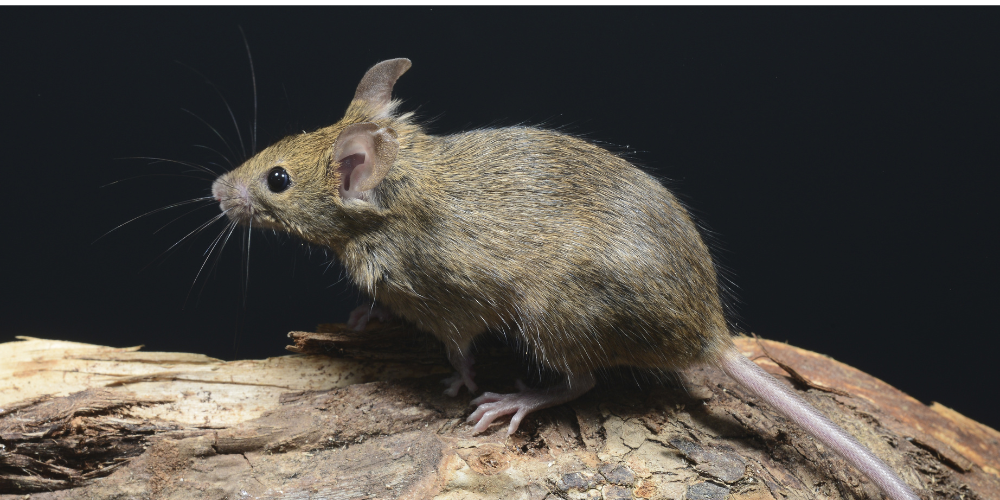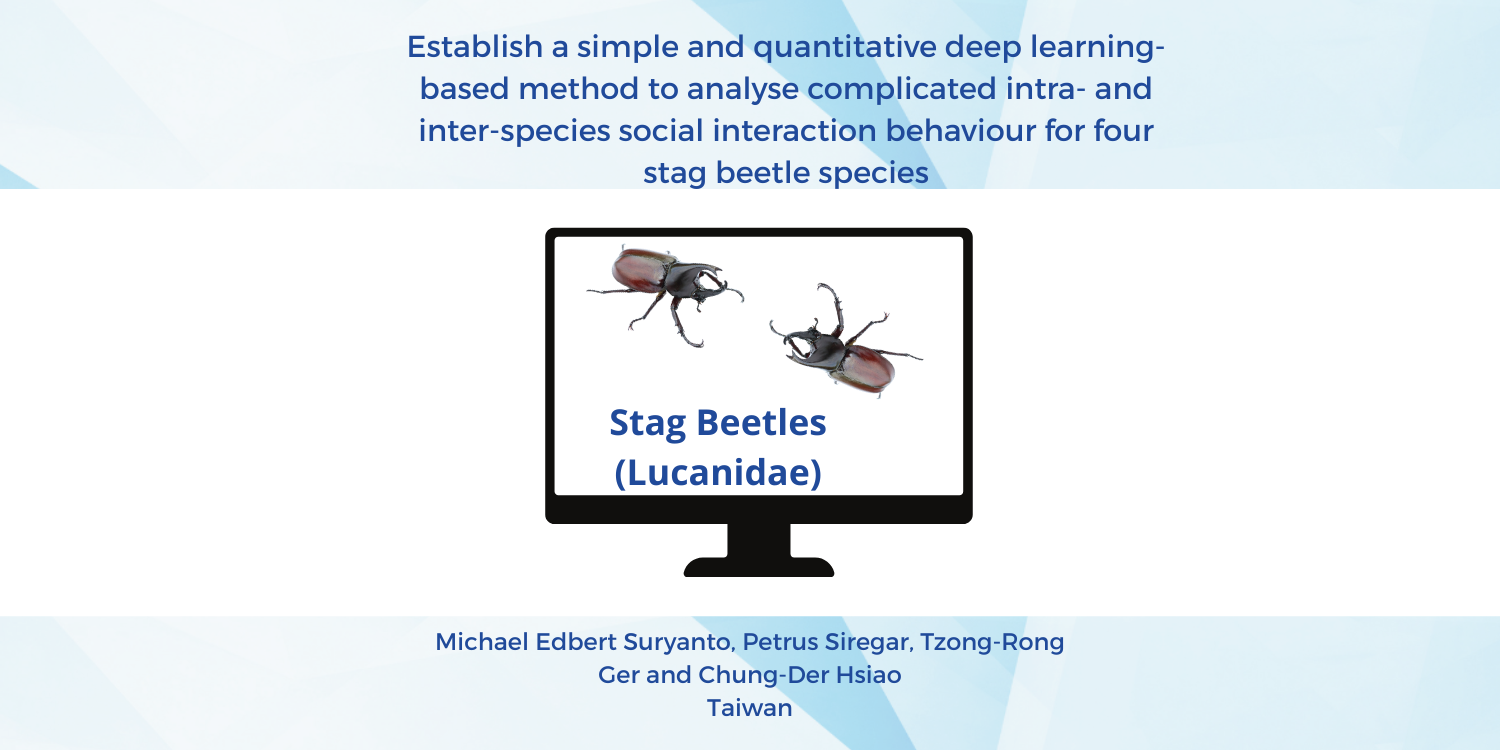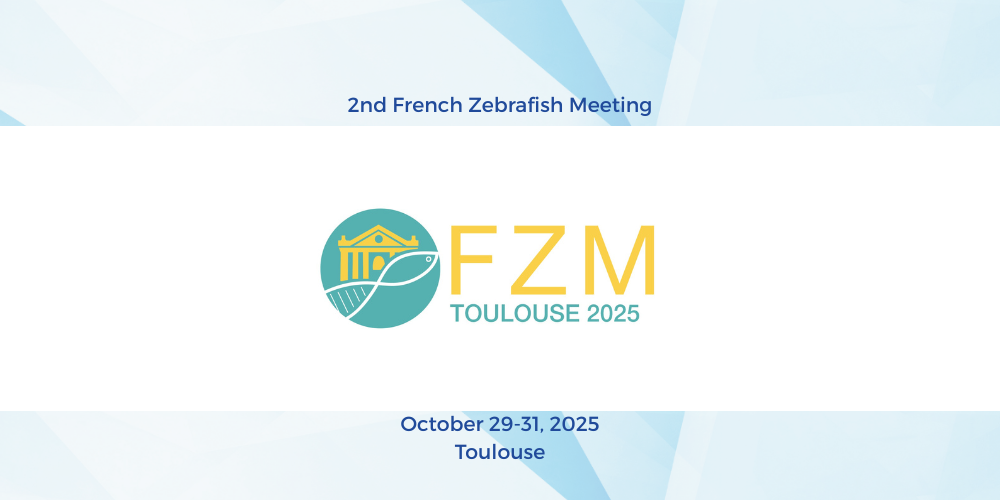Psychological stress may interfere with the benefits of cancer treatment of mouse
Whilst advancement in the understanding of the mechanisms surrounding uncontrolled cancerous cell growth and metastasis has progressed in recent years, there is still much to be learnt. Tumours in individuals are heterogenous– meaning that the tumour microenvironment, the genetics, the cause and type of cancer are variable from person to person; thus, producing an exceptional challenge in defining root causes in order to establish a therapy to prevent/cure or inhibit the growth of cancerous cells.
For those that develop cancer, treatment options include surgery, chemotherapy, radiotherapy, targeted therapies and more recently, immunotherapy. Huge advancements in the understanding of cancer and immunity have been able to provide evidence that through the complex system of immune cells and certain cancer drugs, tumour growth can be inhibited, this is due to the recognition by immune cells of certain factors released by the tumour [2]. These released factors provide the immune cells with a ‘flag’ signalling the presence of a tumour enabling the immune cells to then form an appropriate response and target the cancer cells for death.
Cancer and The Stress Axis
Studies point to a close correlation between cancer and certain lifestyles, including obesity for example [3]. However, it has been long speculated that stressful conditions may contribute to initiation and/or progression of cancer. The presence of increased stress can be measured by the levels of corticosteroid in the blood plasma of mice (and cortisol in humans) leading to a variety of responses throughout the body. These steroid hormones bind to glucocorticoid receptors to induce a response in the face of stress, including suppression of the immune system in favour of a ‘fight or flight’ mode [4]. Importantly, until now there have been no extensive studies looking at the precise interaction between psychological stress and cancer.
Aims of the study
The aim of this study [5] was to examine the effectiveness of cancer drugs on psychologically-induced stressed mice with cancer when compared to non-stressed mice. Psychological stress was in the form of social defeat (SD) leading to a prolonged state of anxiety and/or depression [6].
Stress increases the progression of cancer in mice
Mice exposed to SD when compared to control mice saw an increase in non-small-cell lung cancer (NSCLC) tumour number and size. Furthermore, in the presence of Oxaliplatin (OXA), a chemotherapeutic agent that can trigger cell death, the protective effect of OXA was not observed in SD mice but was seen in the control mice, as expected. Subsequently the researchers looked at the response to MTX (mitoxantrone) a compound that results in immune-driven-cell-death. Using transplantable fibrosarcoma tumours and TC-1 NSCLC models, they showed that tumour size in the control group was reduced; however, this effect was not observed in the SD pre-conditioned mice. This suggested SD-induced stress may impair the immune response in the presence of these tumours.
Stress interferes with the immune response to cancer
An increase in plasma corticosterone was seen as expected in SD mice, this was correlated with stress-related reduced motor activity measured by VideoTrack and an observed increase in adenocorticotropic hormone (ACTH), a hormone released by the brain to regulate the stress response. In order to establish the link between stress and the immune-suppression effect, the researchers targeted the glucocorticoid receptor and blocked its activity using mifepristone (MIFE). In the presence of MIFE, they were able to reverse the inhibitory effect of the cancer drugs on SD mice. Moreover, SD mice exhibited significant upregulation of a gene involved in the stress axis - glucocorticoid-inducible factorTsc22d3. This gene was able to directly interfere with the response of dendritic cells, immune cells critical to the recognition of immunogenic ‘flags’ (REF). Using Tsc22d3 gene knockdown in SD mice, they were able to reverse the inhibitory effect of MTX.

Collectively, this data indicates that an increase in glucocorticoid-related stress activity may directly affect the immune system, interfering in the pathways of cell death that would be expected in the presence of the cancer-targeted drugs used in this study.
Methodology
This experiment was performed having induced a state of psychological stress in a group of mice – specifically, social defeat as a result of interaction with and exposure to aggressive mice – ‘target mice’, leading to a state of anxiety and/or depression. SD mice exhibited anxiety-like behaviour characterised by decreased exploration of the light box in the light/dark box-test; reduced locomotor activity (movement) and exploration in the central area of the open-field tests; social interaction avoidance and diminished grooming following a sucrose splash test.
Movement of mice and exploration of their surroundings in an open-field box was automatically detected, measured and analysed using VideoTrack system in the research setting.
Social-avoidance tests were used as a measurement of stress using the ViewPoint video-tracking system. The specific region of interest was called the ‘virtual interaction zone’. The interaction ratio between the experimental mice (stressed/non-stressed cancer mice) and the target was calculated by VideoTrack. Specifically, the interaction ratio measured: the time the experimental mice spent in the presence of the target mouse in the virtual interaction zone/the time in the virtual zone in the absence of the target mice.
Conclusion and Future Work
The data provided in this study was able to demonstrate that in mice that had been exposed to stress in the form of SD saw an increase in stress hormones that appeared to be associated with failure in immuno-based cancer therapy. The therapeutic effects of immunogenic chemotherapy agent OXA was not seen in SD mice however, this effect was restored in the presence of MIFE, the antagonist for the glucocorticoid receptor. This provides compelling evidence for the further examination of glucocorticoids in their role in the progression of cancer.
Essentially, the use of the VideoTrack in this study, enabled researchers to precisely track behavioural changes in rodents as an indicator of their stress response which was then accurately correlated with endogenous stress markers. This study provides the platform for a proven method of monitoring stress in rodents in order to further elucidate the mechanisms of cancer progression and importantly, other behavioural disorders.
References
1. Dagogo-Jack, I. and A.T. Shaw, Tumour heterogeneity and resistance to cancer therapies. Nat Rev Clin Oncol, 2018. 15(2): p. 81-94.
2. Hernandez, C., P. Huebener, and R.F. Schwabe, Damage-associated molecular patterns in cancer: a double-edged sword. Oncogene, 2016. 35(46): p. 5931-5941.
3. Font-Burgada, J., B. Sun, and M. Karin, Obesity and Cancer: The Oil that Feeds the Flame. Cell Metabolism, 2016. 23(1): p. 48-62.
4. Dhabhar, F.S., Enhancing versus suppressive effects of stress on immune function: implications for immunoprotection and immunopathology. Neuroimmunomodulation, 2009. 16(5): p. 300-317.
5. Yang, H., et al., Stress–glucocorticoid–TSC22D3 axis compromises therapy-induced antitumor immunity. Nature Medicine, 2019. 25(9): p. 1428-1441.
6. Golden, S.A., et al., A standardized protocol for repeated social defeat stress in mice. Nat Protoc, 2011. 6(8): p. 1183-91.





